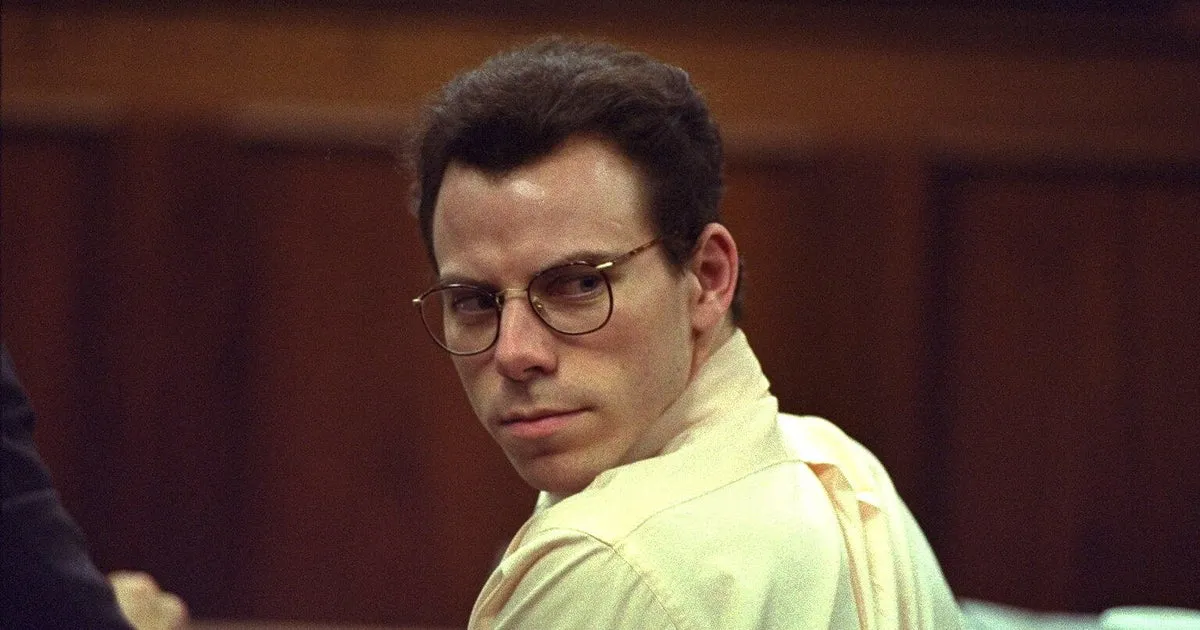
In a significant ruling, California officials denied Erik Menendez parole on Thursday, following a nearly 10-hour hearing concerning his involvement in the 1989 murders of his parents, Kitty and Jose Menendez. After spending decades behind bars, Menendez's next opportunity for a parole hearing will be in three years, as mandated by state law. This law stipulates that the parole board must schedule subsequent hearings at intervals of three, five, seven, ten, or fifteen years, according to the California Department of Corrections and Rehabilitation (CDCR).
In a statement addressing the decision, the Menendez family expressed their disappointment. "While we respect the decision, today's outcome was, of course, disappointing and not what we hoped for," they said. The family reiterated their unwavering belief in Erik, expressing confidence that he would take the Board's recommendation in stride. They emphasized his remorse, personal growth, and the positive impact he has had on others during his incarceration, affirming their continued support and hope for his eventual return home.
During the hearing, Menendez appeared virtually from the Richard J. Donovan Correctional Facility in San Diego. He argued that he no longer poses a threat to public safety and has taken full responsibility for his crimes. The parole panel's primary task was to evaluate whether he currently presents an unreasonable risk to society if released from prison, as outlined by the CDCR.
The parole panel allowed statements from the Menendez family's supporters, all of whom advocated for his release. However, Parole Board Commissioner Robert Barton emphasized the complexity of the situation, stating, "Two things can be true. They can love and forgive you, and you can still be found unsuitable for parole." He noted that his belief in redemption influenced his role but ultimately concluded that Menendez continues to pose an unreasonable risk to public safety.
Commissioner Barton explained that the panel took the gravity of the case seriously, noting that they spent significantly more time deliberating than usual. He cited Menendez's behavior in prison as a critical factor in the decision to deny parole. "Contrary to your supporters' beliefs, you have not been a model prisoner," Barton remarked, expressing concern over Menendez’s history of CDCR rules violations, which included inappropriate behavior with visitors, drug smuggling, computer misuse, and violent incidents in 1997 and 2011.
The panel's decision to impose a three-year waiting period for the next hearing was influenced by the severity of Menendez's infractions, which in other cases could have led to five-year denials. Alongside these violations, the panel revisited the brutal nature of the murders, where Erik and his brother Lyle have claimed self-defense stemming from years of alleged abuse.
Los Angeles County District Attorney Nathan Hochman has been a vocal opponent of the Menendez brothers' potential release. He argues that they have never fully accepted responsibility for the murders and have repeatedly lied regarding the alleged abuse. Hochman stated, "That self-defense defense is a total lie," criticizing the narrative perpetuated over the past 35 years.
Despite recognizing the brothers' claims of abuse, Commissioner Barton urged that their actions were unjustifiable. He suggested alternatives they could have pursued instead of resorting to violence, emphasizing the absence of compassion in the murder of Kitty Menendez. He concluded the hearing by encouraging Menendez to maintain his support network and utilize it positively. "You have two options. One is to have a pity party… or you can take to heart what we discussed," Barton advised.
As attention shifts to Lyle Menendez, whose parole hearing is scheduled for August 22, the family expressed cautious optimism regarding his case. They remain hopeful that the commissioner will recognize Lyle's transformation and readiness to reintegrate into society.